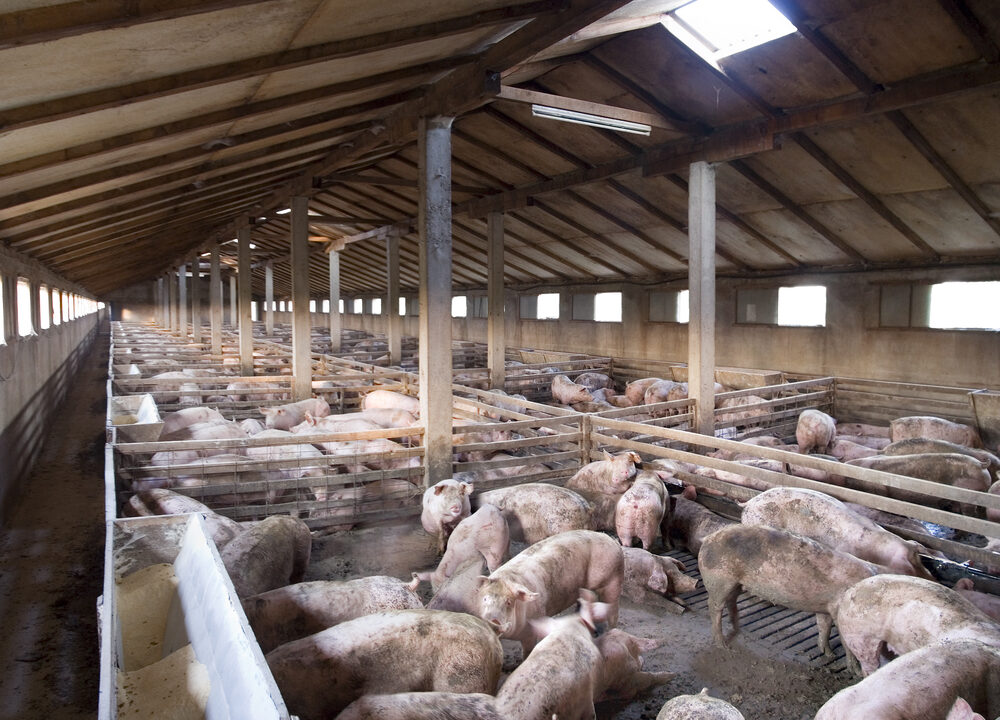Lysozyme, a naturally occurring antimicrobial enzyme, has been identified as a possible antibiotic alternative for use in the pig industry by scientists in the US.
The pig research was carried out by an Agricultural Research Service team and in a recently published trial conducted at the Clay Centre in Nebraska, it compared the growth rates and weight gains of two groups of 600 piglets.
Each was placed on one of three diet regimes: a standard diet of maize/soybean meal and specialty protein, a second regime of the same with lysozyme added, and a third option containing the antibiotics chlortetracycline and tiamulin hydrogen fumarate, rather than the lysozyme.
The groups of pigs were also kept in weaning pens that had either been disinfected or left uncleaned since the last group of animals had occupied them. The latter was done to stimulate chronic, or long-term, immune activity.
The results showed that piglets on lysozyme- or antibiotics-treated feeds grew approximately 12% faster than untreated pigs—even in uncleaned pens. This suggests that the treatments successfully ameliorated the effects of indirect immune challenge in the animals.
The results of this work mirror those obtained by Professor Chris Hill at the University of Cork, who has been assessing possible antibiotic alternatives for the pig industry.
His trial work showed that feeding animals a probotic containing five strains of lactobacillus helped ward off the impact of infection when subsequently challenged with diarrhoea causing Salmonella bacteria.
“Animals treated with probiotic showed reduced incidence, severity, and duration of diarrhoea,” said Hill.
“These animals also gained weight at a greater rate than control pigs. Our work has confirmed that we can drastically reduce the usage of antibiotics within livestock production systems. And that’s good news for both animals and consumers.”

